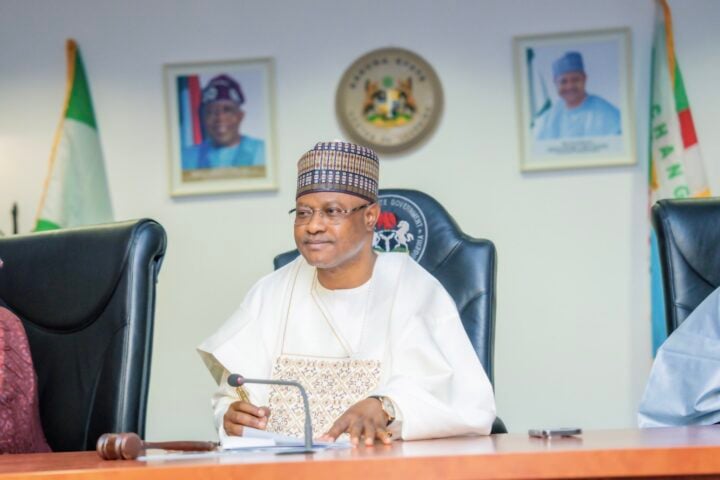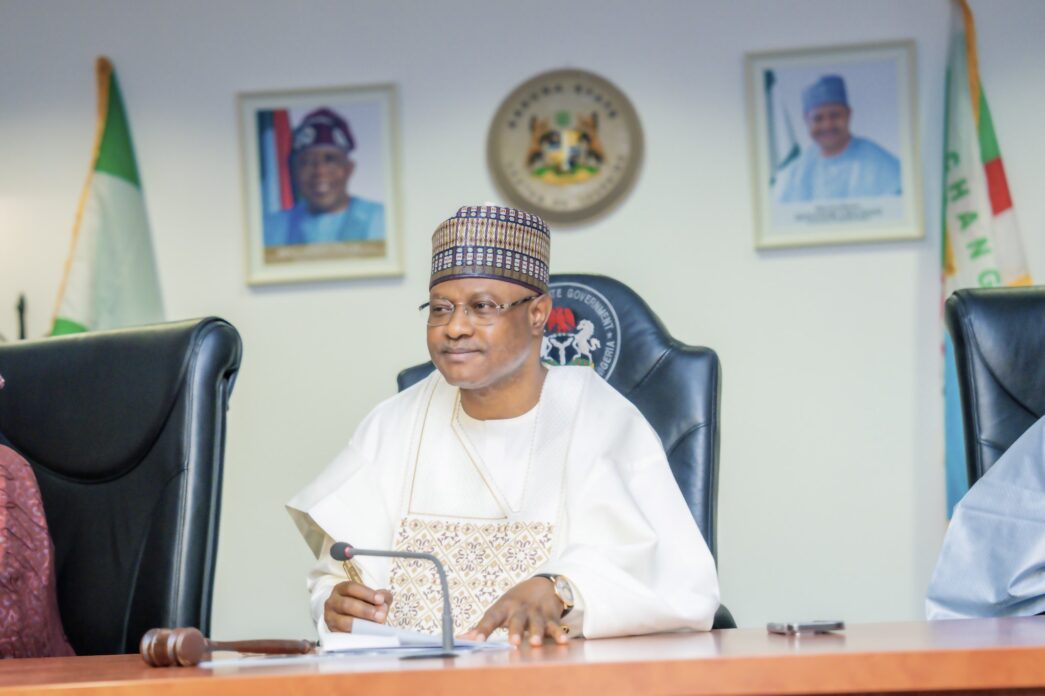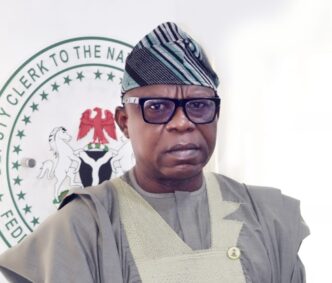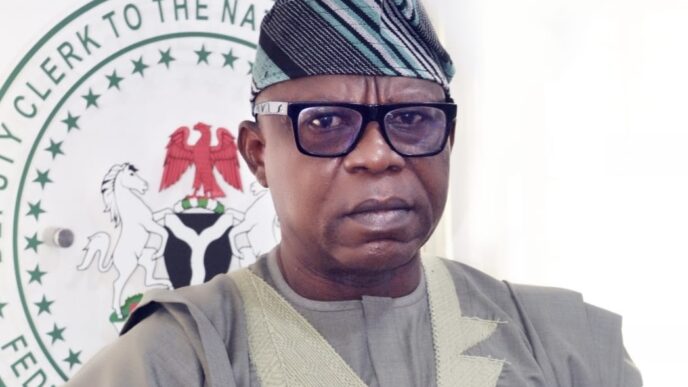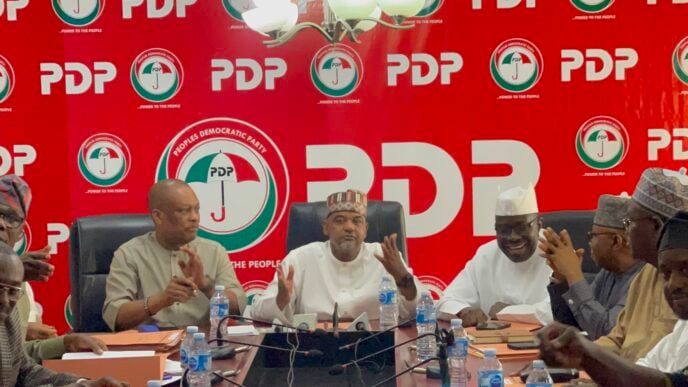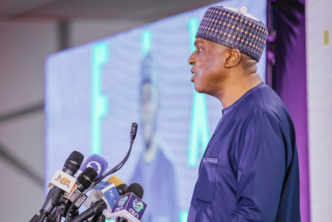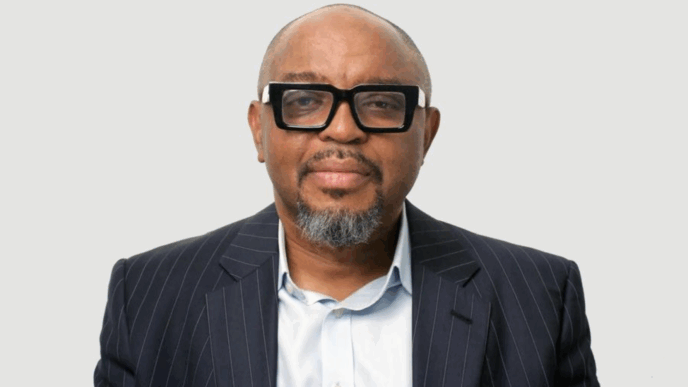Uba Sani
Uba Sani, governor of Kaduna, says military and law enforcement strategies alone are not sufficient to curb the growing threat of violent extremism in Nigeria’s north-west.
The governor spoke in Kaduna on Tuesday while declaring open a two-day summit on preventing and countering violent extremism in the north-west zone.
The event was themed, “Articulating a Regional Approach and Response to Violent Extremism in North West Nigeria”.
Sani, who was represented by Sule Shuaibu, commissioner for internal security and home affairs, described violent extremism as “one of the gravest threats to human security and national development in our time”.
Advertisement
He said its manifestations include terrorism, banditry, kidnappings, and the spread of extremist ideologies, which have inflicted pain on families, displaced communities, and disrupted education.
“If left unchecked, it has the potential to destabilise not only our region but also the broader fabric of our nation,” the governor said.
Sani acknowledged the role of military intervention but warned against using it as a standalone solution.
Advertisement
“We must, therefore, adopt a holistic and coordinated response. A purely military or law enforcement approach, while necessary, is not sufficient,” he said.
“We must address the structural and root causes of violent extremism – poverty, inequality, exclusion, poor governance, and lack of opportunities, particularly for our young people.”
He called for “trust, inclusivity, justice, and respect for human rights” as key pillars of building community resilience against extremist ideologies.
The governor also highlighted the importance of engaging communities, building institutional capacity, and promoting inclusive governance that addresses the needs of marginalised groups.
Advertisement
“Kaduna state under my leadership remains fully committed to collaborative and innovative approaches to peacebuilding,” he said.
“We are investing in human capital development, supporting community-based conflict resolution mechanisms, empowering women and youth, and working closely with traditional and faith leaders to counter divisive ideologies.”
